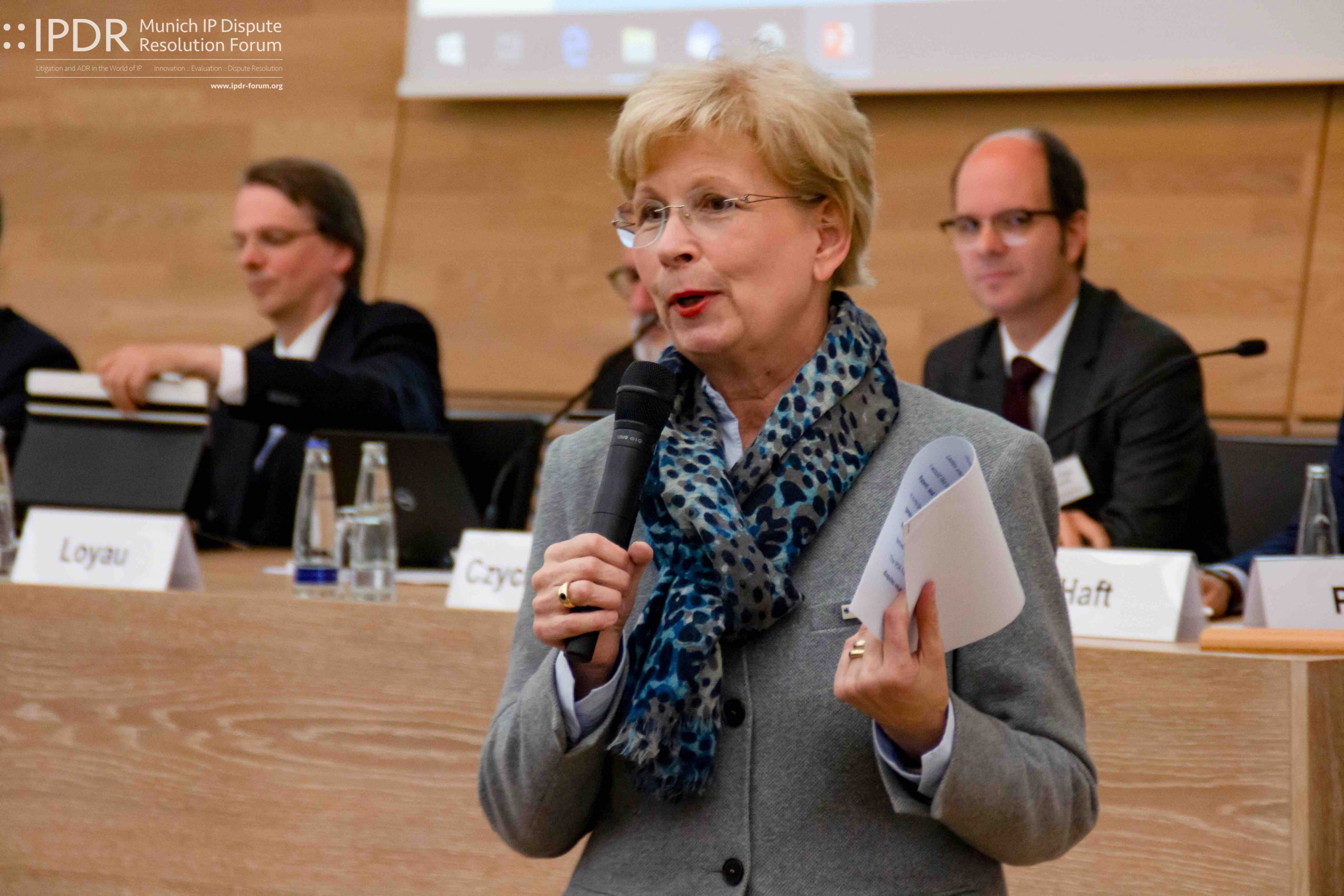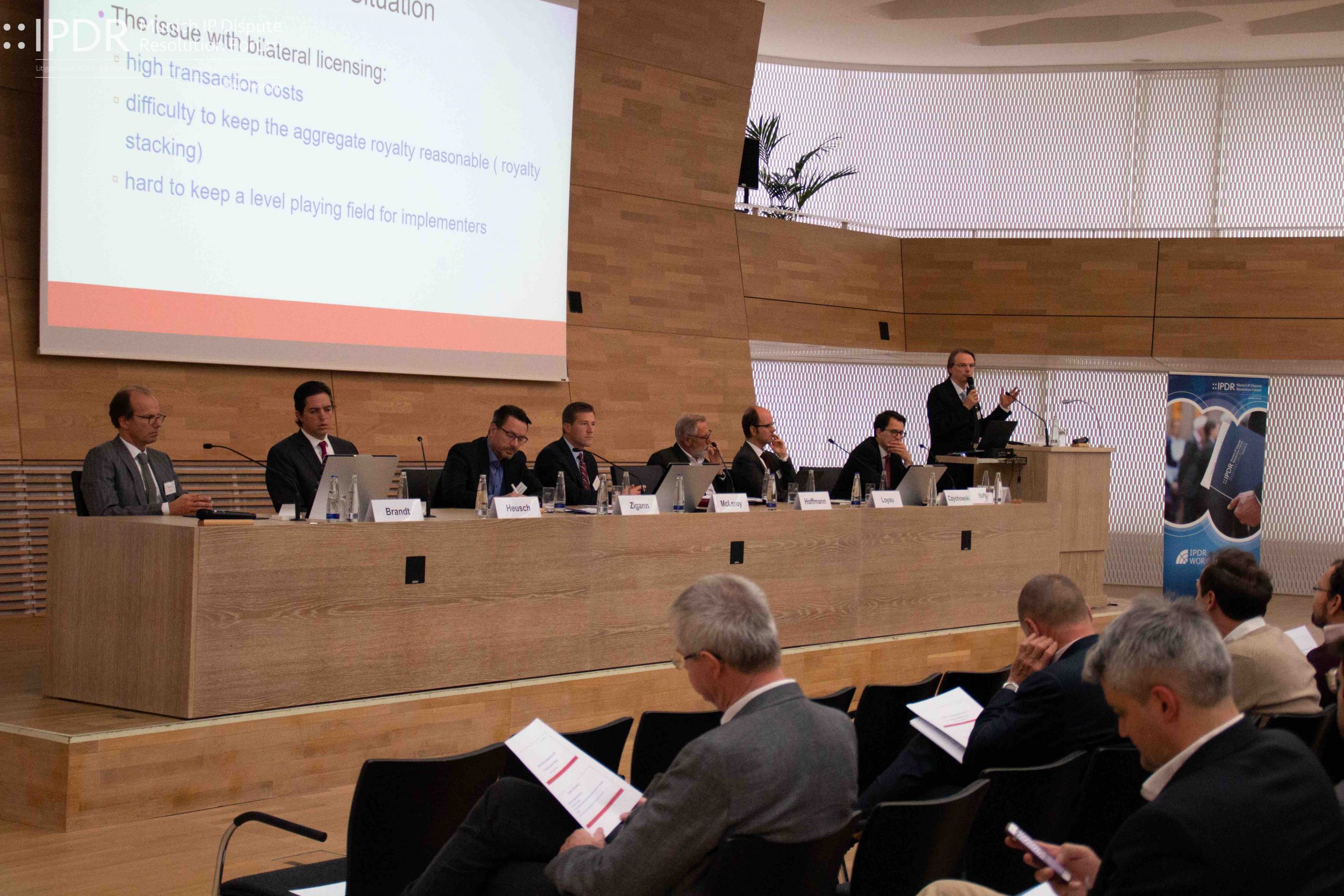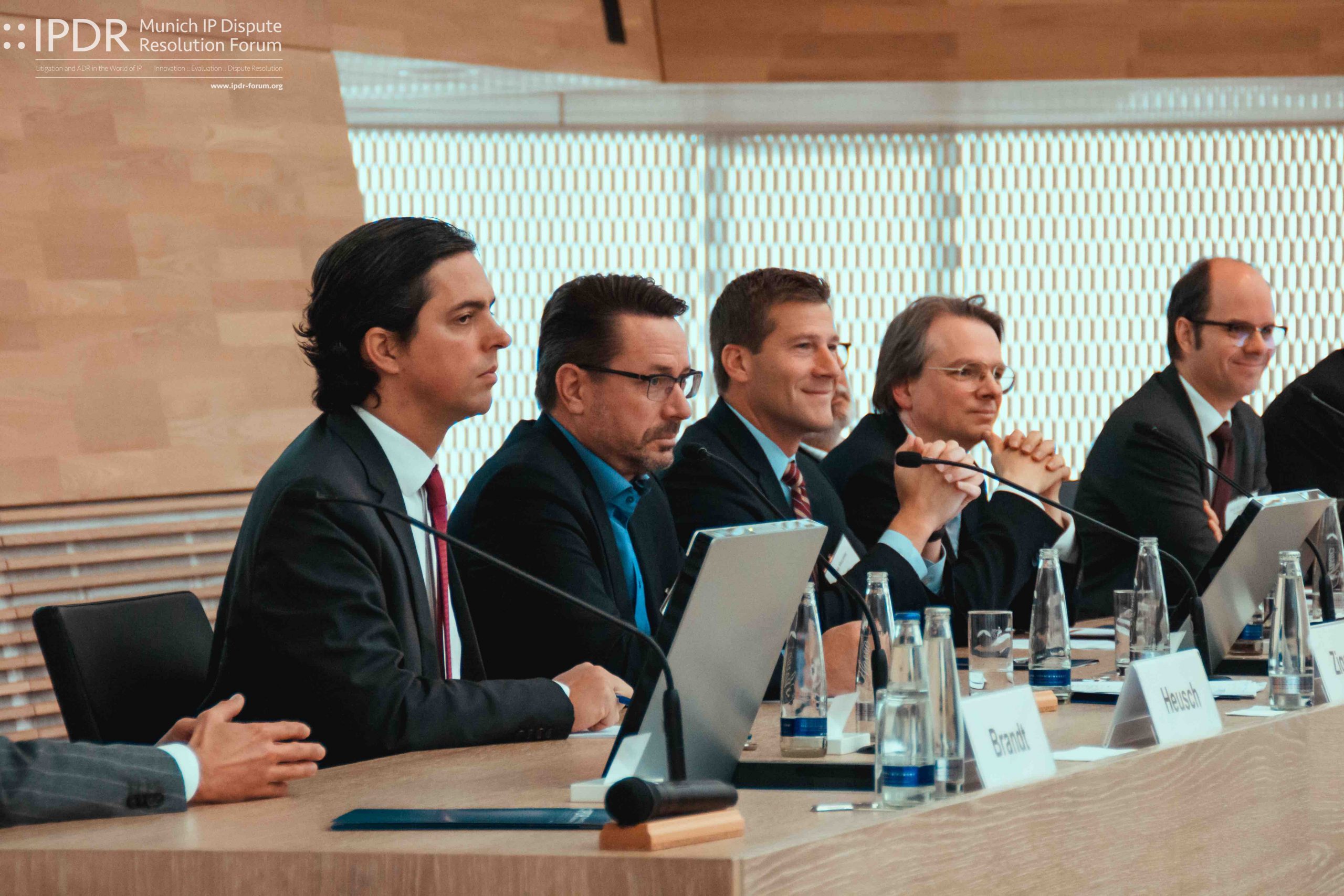GEMA Type Agencies as a Solution for FRAND ?
Ada Sofie Altobelli
With the advent of 5G and the internet of things, the FRAND licencing of standard essential patents (SEPs) is of ever-growing importance. Disputes concerning SEPs pose highly complex challenges to state court systems and the resolution of FRAND disputes by way of arbitration or with the help of pools gain traction not only as an alternative, but also as an addition to state court litigation. The European Commission set up a SEP expert group, parts of which seem to favour a more collective approach, in particular an agency approach to FRAND licensing. To discuss whether and to what extent agencies might help to resolve FRAND issues, the Munich IP Dispute Resolution Forum organized, on 12th November, 2019, an event at the the DPMAforum (Deutsches Patent- und Markenamt). The event gathered high level presentations and panels, consisting of judges, academics, lawyers and business representatives and was opened by speeches from Cornelia Rudloff-Schäffer (President, DPMA) and Prof. Dr. Peter Georg Picht (Director CIPCO, University of Zurich). It was mainly organized and moderated by Klaus Haft (Partner, Hoyng ROKH Monegier).
Prof. Dr. Christian Czychowski (Partner, Boehmert & Boehmert) provided the participants with an overview of the GEMA concept and other teachings from Copyright law. GEMA is a collecting society, which is acting in Germany as a trustee for millions of copyright holders. Most of the issues which occur in collective copyright and FRAND licensing were found to be similar. According to Prof. Dr. Czychowski, the establishment of a private-sector agency with the task of granting licenses to interested parties on FRAND terms on the basis of a non-exclusive mandate and the introduction of a mechanism to verify the adequacy of the FRAND conditions established by this agency – e.g. by an arbitral tribunal – could be solutions to resolve FRAND issues.
Options to remedy FRAND issues could be located also in a previous step. The European Telecommunications Standards Institute (ETSI) produces globally applicable standards for ICT-enabled systems, applications and services deployed across all sectors of industry and society. Christian Loyau (Director of Legal Affairs, ETSI) emphasized that root causes for current FRAND problems needs to be treated and that, in this respect, essentiality tests and validity analyses might be useful. Based on statistics he illustrated that a rise in declared SEPs led to a higher number in litigated SEPs and that the revocation rate of SEPs is comparatively high.
Judge Fabian Hoffmann (Judge of the patent division of the German Federal Supreme Court – BGH) focused on key features of how a combined agency/pooling approach could tackle the FRAND problem. The automatic creation of an agency acting as a passive pool could be a proposal to help resolve FRAND issues as it would be a one stop shop reducing transactions costs. As the agency would grant licenses for the entirety of pertinent SEPs, implementers would not have to care about the apportionment of royalties and licensors would not have to enforce their patents themselves. The agency should be established with the approval of a standard or even before, should be created by public law and could be linked to every suitable, independent authority. The main objective of the agency is to act as a trustee for the SEP-holder, with power of representation. In fact, the agency would conclude license agreements for all patents that are essential to a particular standard (known or unknown and owned by participants of the standardization process or by other owners). Further, it would administer license revenues from these agreements and would develop a licensing scheme to determine the aggregate royalty. The agency would also partake in FRAND litigation. SEP holders would remain entitled to contract bilateral license agreements and to enforce their patents in litigation. However, the agency would not enforce patents, nor would it proactively offer license agreements or determine the share of each patent holder. In fact, the agency would conclude license agreements only upon request of implementers or in litigations initiated by SEP holders. Subsequently – as Mr. Hoffmann explained – a pool could take over the tasks and the revenues of the agency. After the takeover the pool is not bound by freely negotiated license agreements concluded by the agency, but has the powers of the agency, as well as of traditional pools. Therefore, it could license all SEPs of pool members globally and would determine the share of a SEP holder. A takeover is not mandatory, the agency’s revenue will have to be distributed to the SEP-holders every 5 to 10 years but at the latest after 20 years.
Instead of opting for the introduction of an agency, a platform could be a suitable approach to avoid or resolve FRAND disputes. Luke McLeroy (Senior Vice President of Business Development, Avanci) advised on the platform solution which licenses essential patents under publicly available and fixed royalty terms, which are industry driven and meet all FRAND obligations. The private nature of the platform solution is, according to Mr. McLeroy, its main advantage as it doesn’t require any consent of the government.
As the event’s concluding part, a panel discussion with all speakers and, additionally, Judge Matthias Zigann (Presiding Judge, Regional Court Munich I), Dr. Clemens Heusch (Head of European Litigation, Nokia) and Dr. Kai Brandt (Head of Patents, Audi) took place. Inter alia, Judge Zigann underlined that the agency might be more attractive to smaller undertakings while the large players might still negotiate and litigate bilaterally. Clemens Heusch pointed out that a couple of traditional SEP/FRAND litigations might provide a good estimate of portfolio value as well. Dr. Brandt favoured pools over an agency and stated he expects litigation to go down.







